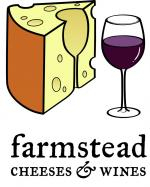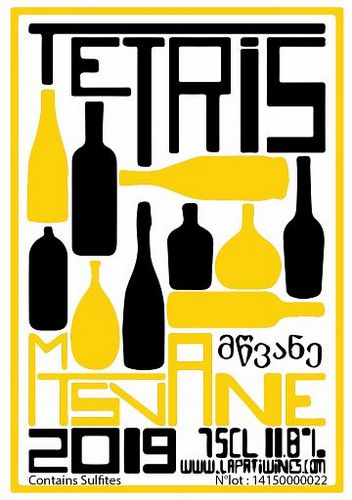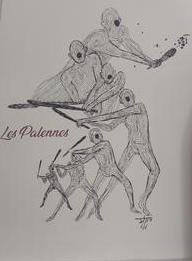Unico Zello
Natural Organic Club – July Allocation
Natural Organic Club – June Allocations
Cruse Monkey Jacket Red

Cruse Monkey Jacket red – Organic
Cruse Wine Co. is a small winery in Petaluma dedicated to making uniquely Californian wine for your table.
Francois St Lo Cab Franc – Les Palennes
François Saint-Lo Cabernet Franc Les Palennes
After learning with natural wine legends Olivier Cousin and Eric Dubois, François bought his own place near Saumur and started to make unconventional and very natural wines in huge cathedral-like troglodyte cellars. These caves are ideal for vinifying because of the natural temperature control and humidity. In the cellar, he uses old barrels, fiberglass tanks, and the hundred-year-old press that was there when he bought the place. Based 15 miles south of Saumur in the Loire Valley, François prefers to work the vineyards with horses or by hand.
Farmstead Good Practices Wine Club – March 2021
Two wines from Seabold Cellars’ Adroît Initiative project
Mission, Lodi (Organic, Natural, Low SO2)
Gamay, San Benito (Organic, Natural, Low SO2)
(a bottle of each)
Seabold Cellars is the brainchild of Master Sommelier Chris Miller. Seabold Cellars was established in the Monterey Bay region because they believe that cool-climate vineyards produce balanced wines that showcase their origin more than their winemaking. Their approach is as hands-off as possible, respecting traditional techniques and practices without being beholden to them.
Their Adroît Initiative wines are the outcome of successful experiments in the winery that do not quite fit into a traditional mold. They represent a divergence from what is generally considered the more ‘classic’ winemaking archetypes: pétillant-naturel, carbonic maceration, skin-contact white wines, and underappreciated grape varieties typically find a home in The Adroît Initiative.
The natty kids would call both of these wines glou-glou, eminently gulpable wines.
Farmstead Good Practices Wine Club – February 2021
Organic Wine Club – February 2021 Allocations
One of each:
Olianas Vermentino di Sardegna – (Organic, Natural practices)
Olianas Cannonau – (Organic, Natural practices)
 Olianas Vermentino di Sardegna
Olianas Vermentino di Sardegna
While Vermentino has made a name for itself in other parts of Italy (where it’s also called Pigato and Favorita), in France (where it is called Rolle), and in California; it’s in Sardinia where the grape really shines!
Sardinia’s wines have little in common with those produced in the rest of Italy. The island’s remote Mediterranean location, as well as the historic influence from other cultures, gives the wines a unique character that might be considered to have more in common with Spanish than Italian wines.
About 20% of the grapes are harvested slightly earlier and fermented on the skins, partly in stainless steel and partly in amphora, without inoculating according to biodynamic procedures. The must is then used as a “pied de cuve” to activate spontaneous fermentation. The remaining amount of grapes, after destemming and soft pressing are fermented in stainless steel. 70% of the wine ages in stainless steel “sur lie”, 30% in large used oak tonneaux, for five to six months. After blending, the wine is naturally clarified with bentonite and lightly filtered with cartridges before bottling. Native yeast, low sulfur addition.






